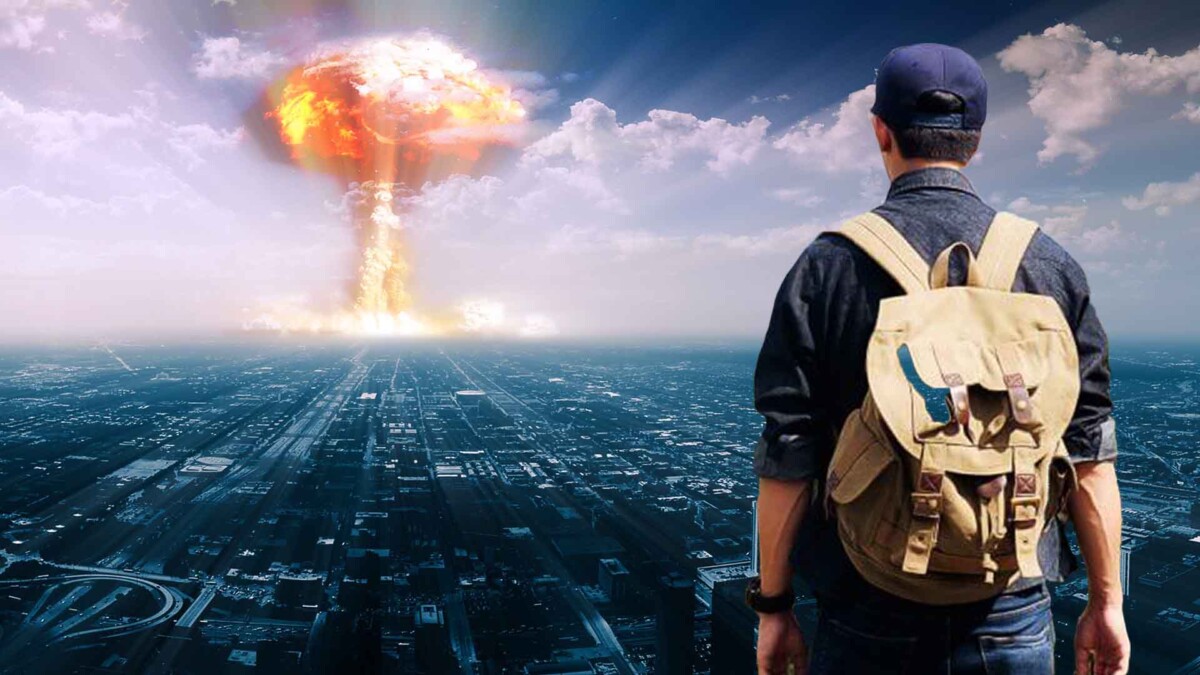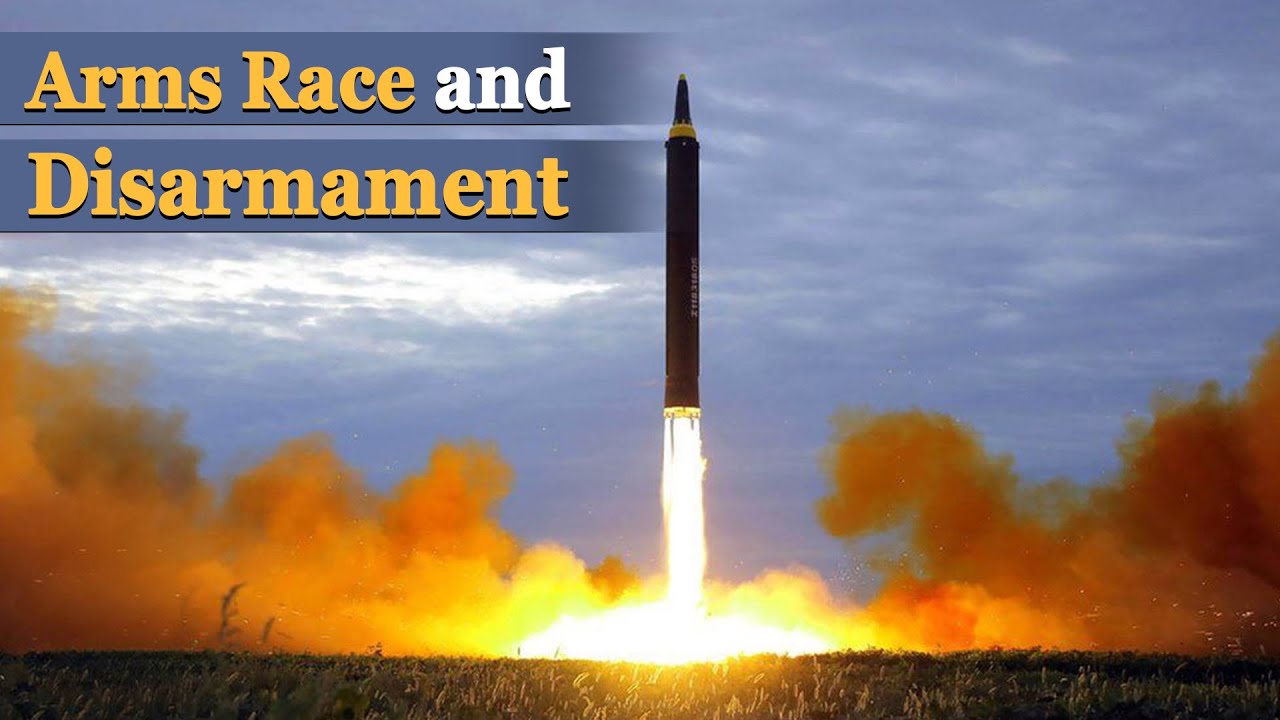
Dialogue Over Deterrence:
Concerns Rising at the NPT Prep Com
Ray Acheson / NPT News in Review and Reaching Critical Will & WILPF
Download the full edition in PDF
(July 24, 2024) — People at this [July 22-24 Second Session of the Nuclear] Non-Proliferation Treaty (NPT) Preparatory Committee are worried. Really worried. Delegations delivering general debate statements, activists holding meetings with each other and with diplomats, anyone paying attention, is worried about nuclear war. Words like abyss, doomsday, annihilation, and other cheery phrases were on everyone’s lips, in official statements and by the coffee bar.
The fear is justified — the nuclear-armed states are building up their arsenals, modernising their weapon systems, and coming up with new deployment strategies — and they are not talking to each other. The interactions between Russia and the United States are so tense that a Dr. Strangelove moment of “You can’t fight in here. This is the war room!” seems possible at any moment.
Mozambique very astutely called out the worrying trend of “deterrence diplomacy,” which is a pretty good term for what seems to be happening. Perhaps it’s a strategy of confrontation in the conference room to deter a nuclear confrontation outside; or maybe it’s just the use of diplomatic spaces like NPT meetings to bolster one’s claims.
But just like deterrence doesn’t work, as evidenced by the many conflicts fought by nuclear-armed states throughout the nuclear age, deterrence diplomacy doesn’t work either. It only leads to the collapse of international law, which most of the rest of us are relying upon to constrain massive nuclear violence.
This may sound awfully gloomy. It is. But as always, hope is found in the determination and creativity of those who do not see their strength or security coming from bombs and bombastic quarrels. Calls for dialogue, (real) diplomacy, and disarmament resounded during the general debate.
Delegations highlighted the work that has been done to prohibit nuclear weapons, to study the harms of nuclear production and testing, to address nuclear injustice, and to reduce the dangerous risks of nuclear war. The vast majority of this work is being carried out by non-nuclear-armed states, activists, and international organisations.
It’s time the nuclear-armed states put down their swords, picked up their pens, and got to work, too. They can start by acknowledging the reality of the situation they have created, in which they have weaponised international law and created a culture of defiance of rules and norms that are meant to protect us all.

The Invisibilised Genocide
Part of the dangerous situation the nuclear-armed states have created is their refusal to implement the laws to which they have previously bound themselves. It was striking that mid-way through the first week of the PrepCom, you’d barely know there was genocide going on in the world.
During the general debate, many states reiterated their condemnation of Russia’s aggression against Ukraine, especially in relation to its threats to use nuclear weapons, deployment of nuclear bombs to Belarus, and its attacks against the Zaporizhzhia Nuclear Power Plant.
But there were very few comments about Israel’s slaughter of Palestinians over the past ten months, even in the wake of the International Court of Justice (ICJ)’s finding of plausible genocide in January 2024 and its ruling in July 2024 that Israel is guilty of apartheid and that its occupation of Palestine is illegal, and the International Criminal Court (ICC)’s application for an arrest warrant for the Israeli Prime Minster for war crimes in May 2024.
Algeria, Egypt, Finland, Lebanon, Indonesia, Kuwait, Mozambique, Oman, Peru, Slovakia, Syria, Tunisia, Türkiye, and Venezuela criticised Israel’s “war on Gaza” to various extents, or condemned Israel’s nuclear threats in that context. But most delegations said absolutely nothing.
Why this comparative silence? Some might claim Israel’s genocide of Palestinians is not an NPT issue. But for whom should hundreds of thousands of deaths, mass displacement and injury, starvation, disease, and the destruction of an entire strip of land where more than two million people live under conditions of apartheid and “open-air” incarceration not be an issue? Especially when nuclear weapons, and the aura of impunity and lawless violence these weapons perpetuate, are the heart of it all.
Beyond the moral imperative of caring about humans living and dying through such suffering, Israel’s genocide is an NPT issue. Israel is a nuclear-armed state. It is not an NPT state party, but that is only because it is allowed to remain outside the treaty by its protectorates. Israel is also only able to wage genocide because NPT states parties are providing it with weapons and other military equipment, including the United States, Germany, Canada, Italy, Australia, the United Kingdom, and others.
Again, in contrast to the situation in Ukraine, it was very striking that during the PrepCom’s general debate, some delegations condemned arms transfers to Russia from China, the Democratic People’s Republic of Korea, and/or Iran in support Russia’s war effort, while saying nothing about the billions of dollars of weapons being transferred to Israel to commit atrocities and facilitate the destruction of Palestine.

Weaponisation of International Law
The selective defiance of international law, lack of accountability, and granting of impunity are all NPT issues. They are features of the way the Treaty has been implemented since 1970. This is not simply a matter of double standards. This is about the inequality that the nuclear-armed states have intentionally built up and baked into international law over decades.
The UK’s claim to be “a government that believes in the rule of law at home and internationally” would be laughable if it was not so offensive as it expands its nuclear arsenal and ships bombs to the Middle East to be dropped on civilians.
The nuclear-armed states weaponise international law by shirking from their own obligations and accountability while enforcing it, sometimes violently, upon others. The nuclear-armed states see themselves as being above the law and act accordingly.
Their modernisation of nuclear weapons and nuclear arms racing, their refusal to comply with their legal obligation to disarm, their attempts to reinterpret NPT provisions and commitments, their trashing of arms control agreements and NPT outcome documents, are all part of their collective contempt for international law.
This contempt is shared among all nuclear-armed states. They could work together to eliminate their nuclear arsenals in compliance with international law; instead, they work together to perpetuate patriarchal myths about nuclear deterrence and strategic stability and undiminished security for all — buzzwords that mean the indefinite possession and manufacture and possible use of weapons of mass destruction.
Nuclear deterrence theory is a protection racket of apocalyptic proportions, leading to vast profits for a few and terror for most. Deterrence diplomacy leads away from, not toward, nuclear disarmament.
It might be hard to identify anything the nuclear-armed states do as a collective project, of course. During the general debate (and side events), the Russian and US delegations predictably accused each of being obstructionist to reviving nuclear arms control talks or reducing the risk of use of nuclear weapons.
Neither will accept their mutual responsibility for creating the profoundly dangerous environment within which everyone on this planet is forced to live. But this situation of grave peril is a joint project, manufactured by governments and war profiteers seeking power through violence in supremacy in a world that is already burning from climate change, colonialism, and conflict.

Dismantling Deterrence to Build Back Better
“Never has it been more important to commence the process of rebuilding trust, of prioritizing dialogue over deterrence and of getting the world back on to the path of the verifiable, irreversible elimination of nuclear weapons,” said the UN High-Representative for Disarmament Affairs during the general debate. Most delegates attending the PrepCom clearly share this sentiment.
From working papers about reducing nuclear risk to interventions about the importance of rebuilding trust and relationships, non-nuclear-armed states emphasised again and again the unacceptability of the fraught and fragile nature of the current moment.
Brazil noted that real security “does not derive from the number or quality of weapons of mass destruction” but in “our ability to build trust, foster cooperation, and address the root causes of tension and conflict.” The theory of nuclear deterrence is one of these root causes of tension and conflict that must be addressed.
As long as a handful of nuclear-armed states and heavily militarised allies claim protection from nuclear weapons, invest billions of dollars into maintaining and modernising their arsenals, and engage in nuclear war planning in preparation for using these weapons, dialing back the tensions and finding avenues for dialogue will remain elusive.
As the states parties to the Treaty on the Prohibition of Nuclear Weapons (TPNW) said in a joint statement to the PrepCom, “The perpetuation and implementation of nuclear deterrence in military and security concepts, doctrines and policies not only erode and contradict non-proliferation but also obstruct progress towards nuclear disarmament.”
Rather than preventing conflict or preserving “strategic stability,” the violent potential of nuclear deterrence policies means that everyone in the world is at risk all of the time. When there are people actively planning for nuclear war — building the bombs, testing the missiles, targeting the systems, and making threats of use — the possibility of dialogue becomes increasingly marginalised. We have seen this happen over the last decades, where the profits of the new nuclear arms race have superceded all sense of logic or reason in international relations and domestic budgets.
Nuclear deterrence is the opposite of dialogue. And dialogue is essential to overturning deterrence. Many nuclear-armed allies, like the NATO members, of course call for dialogue, but it’s usually only among the nuclear-armed states. The nuclear-armed states are failing miserably at that task, though, so we need much more than that. We need concrete action, not endless discussions. We need disarmament, without any more delay.

Determining Disarmament
Disarmament is a strategic imperative. Our survival depends upon it. The only way out of this mess is through demilitarisation; is through the abolition of nuclear weapons and the structures of war profiteering and military supremacy that are used to justify them. But disarmament is also a moral imperative. The end of nuclear weapon programmes is owed to those who have suffered from nuclear violence for generations, without their consent and often without their knowledge.
As described in the powerful Joint Statement on Legacy of Nuclear Weapons and reiterated throughout several civil society presentations, Indigenous Peoples and other marginalised groups have long suffered the catastrophic humanitarian and environmental impacts of nuclear weapons from uranium mining to nuclear testing and use to radioactive waste.
The dismantlement of the entire nuclear fuel chain, the end of the nuclear industry, and the elimination of nuclear weapons is essential to nuclear justice, as are reparations and remediation for harms caused already.
As Austria said, the existential risk inherent in nuclear deterrence and the nuclear status quo is intergenerational injustice. The only way to change the current and future reality being imposed upon the world is to end nuclear weapons and the violent structural thinking in which genocide, perpetual war, and nuclear annihltion can ever again be considered “reasonable” responses to disagreements that manifest in the global system.
As a group of civil society organisations said in a statement from WILPF to the PrepCom, as the so-called leaders of the most heavily militarised states in the world are “thumping their chests at each other as if they’re a group of drunk men in a bar, ready to burn the place down just to prove that they are the manliest,” it should be clear now is the time for a different approach to disarmament diplomacy.